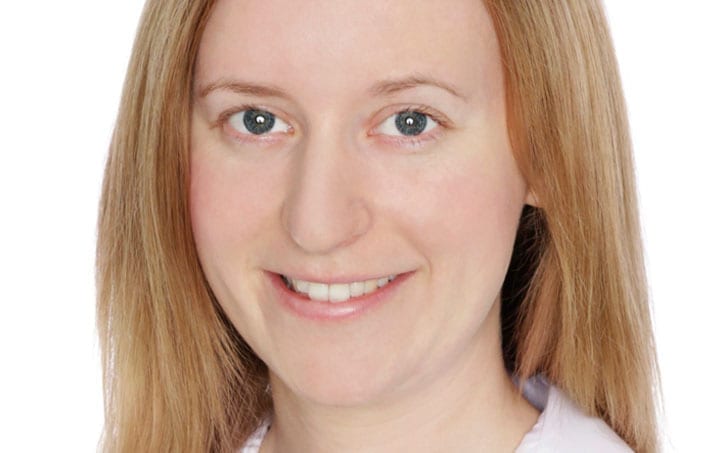Sylvie Wimmer’s dad had a dream for his only daughter.
“He pressured me to be a doctor my whole childhood but it was never going to happen because I can’t stand blood or needles,” the EY senior consultant Sylvie Wimmer recalls.
Instead she enrolled in an Arts Law degree when she finished school.
“Throughout high school I was leaning towards accounting because it’s what my dad did and I wanted to follow that,” she says. “Then at the last minute – almost on a whim – I decided to study law. I wasn’t sure I’d get in but I did and ended up loving it.”
Like many law students, throughout her studies Wimmer worked part-time in a firm doing conveyancing and civil litigation work. An elective unit in her final year of study, immigration law, piqued her interest in pursuing a less popular path.
“I was already working as a cadet in EY law part-time,” she says. “I found out the tax team had a dedicated immigration unit so I asked if I could transfer.”
When she graduated, a bit over three years ago, she moved from EY law into EY global immigration, joining a team of three in Brisbane which has now grown to six. Nationally there are more than 70 EY employees who are dedicated to assisting global companies move their employees around the world and complying with the relevant immigration laws.
An average day for Wimmer involves liaising with clients, employees themselves and the immigration department regarding the various aspects of submitting visa applications.
“The biggest challenge is managing expectations. Clients often have short-lead times and want to get people on the ground as quickly as possible,” she says.
“The employees themselves might not realise the complexities of the various applications or how extensive the requirements are. It’s important to set expectations at the start.”
The team predominately work with the subclass 457 visa, a temporary working visa for skilled employees, which has seen a lot of media attention.
“It’s in the media a lot, the topic of Australian jobs and overseas workers, which obviously impacts our work,” Wimmer says. “The immigration department introduces tougher regulations to employ overseas workers which means it’s harder to meet the requirements. It’s something we have to continually communicate with clients about.”
In her day-to-day work Wimmer says she doesn’t necessarily call upon her Arts degree, but in her “extra-curricular” pursuits, in particular her involvement in the EY Diversity and Inclusiveness Committee, she does.
“I specialised in gender studies which really opened my eyes to the things around us that we don’t realise influence our behaviour,” she says. “We looked at how women and girls are portrayed in movies and advertisements for example and how that constructs gender roles which then shape expectations.”
Wimmer says she was drawn to the subject matter because of her less traditional views.
“I’m not sure where it came from – maybe growing up with a single mum influenced it. In high school I did an English extension, analysing gender roles in movies and fairy tales and that really piqued my interest,” she says.
Although there is some change underway Wimmer says ultimately traditional gender roles still prevail.
“With parental leave it’s almost always the mother who takes a year off work and comes back three days a week whereas the father might take two weeks off and come back full time,” she says.
“It seems for a man after a baby comes along nothing has changed but for the woman – everything has changed. I always observe that and it seems unequal to me.”
From Wimmer’s perspective, as a bystander and a colleague, the transition to combine motherhood with a career looks difficult. In a more equal society Wimmer says that transition process would be shared between mothers and fathers.
Wimmer knows that’s far from the norm at this point but she’s hopeful in time it will become more accepted.
“One of the big challenges is for workplaces to be more accommodating and ensuring all employees have access to flexible work arrangements,” she says. “The stigma around men working flexibly needs to be dismantled. It will take more and more men taking that opportunity and that becoming the norm.
She notes that at EY, there are flexibility guides designed for men and women to ensure their transition into flexibility, for whatever reason, is seamless
Wimmer says among her peers traditional views about men and women are still popular.
“Most of my female friends would expect to be the primary carer for children. I’d probably be the only one who thinks otherwise,” she says. “It comes back to gender roles – we’re so programmed to believe it’s a mother’s primary responsibility to look after children. That duty comes above everything else. It’s up to the woman to make sacrifices for children while for men the focus is on their career and providing for their family. When you grow up with those roles so ingrained it’s the norm, which people accept to fit into society.”



